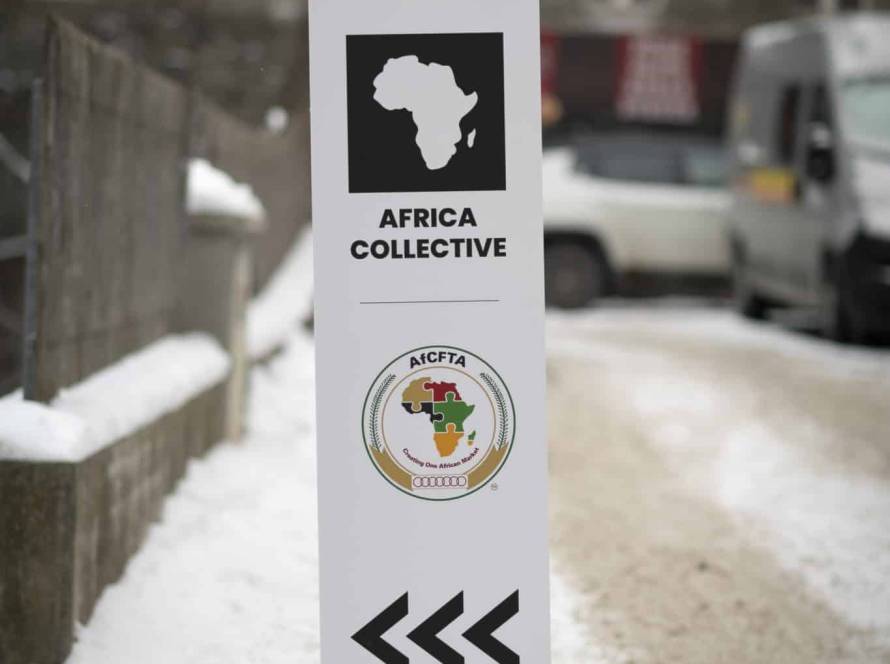Less than a third of sub-Saharan Africa’s population is financially literate – in contrast to OECD countries where over half the population is. This lack of financial literacy has implications that are as significant as they are concerning. As researchers Ashenafi Fanta and Kingstone Mutsonziwa explain, financially literate people make better and more informed investment decisions, save for retirement and rainy days, and are more resilient to economic shocks – while those without adequate financial literacy:
- Tend to be more heavily indebted and rack up greater financial expenses
- Are more easily exploited by unscrupulous financial actors
- Are more prone to making costly investment mistakes
- Have a higher risk of falling behind on debt payment
Increased financial literacy creates a host of positive outcomes – not just for individuals and their families, but for a country’s broader economy and society too. Research suggests that the benefits of financial literacy include reductions in debt and poverty, stronger economic growth and greater mobility. Indeed, as research from Allianz explains, financial literacy acts as “a catalyst for economic mobility” and better living conditions through enabling marginalized and vulnerable people “to make better financial decisions and promote long-term planning,” unlocking “opportunities such as access to credit, entrepreneurship insurance – and even homeownership” so that cycle of poverty can be broken.
Source: CNBC



